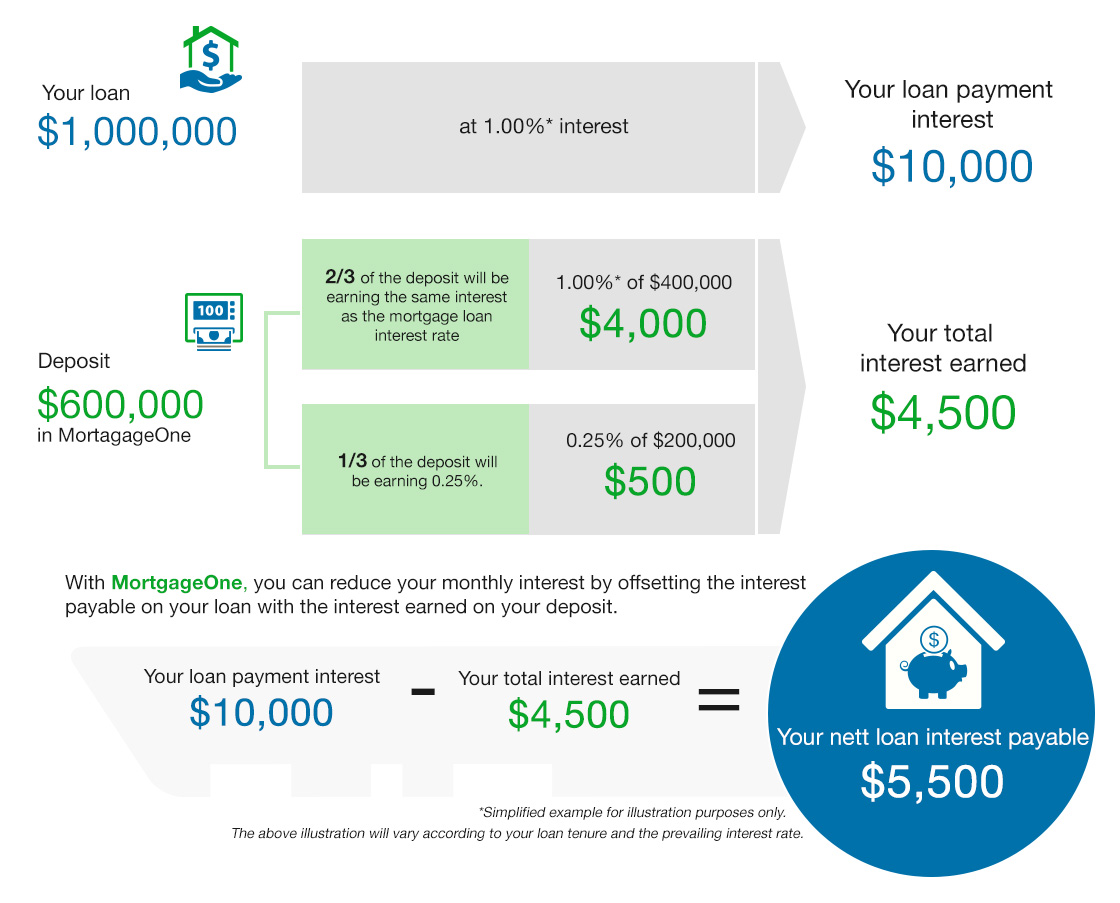Understanding Credit Guidelines for FHA Loans: What You Need to Know for Successful Home Financing
#### Credit Guidelines for FHA LoansThe Federal Housing Administration (FHA) provides a vital service in the housing market by insuring loans made by approv……
#### Credit Guidelines for FHA Loans
The Federal Housing Administration (FHA) provides a vital service in the housing market by insuring loans made by approved lenders to borrowers with low to moderate incomes. One of the most crucial aspects of qualifying for an FHA loan is understanding the credit guidelines for FHA loans. These guidelines are designed to ensure that borrowers have a reasonable credit history and the ability to repay the loan, while also making homeownership accessible to a broader audience.
#### Importance of Credit Guidelines
The credit guidelines for FHA loans are essential for both lenders and borrowers. For lenders, these guidelines help mitigate risk by ensuring that they are lending to individuals who are likely to repay their loans. For borrowers, understanding these guidelines can make the difference between getting approved for a mortgage or facing denial. The FHA's credit guidelines are generally more lenient than those of conventional loans, making them an attractive option for many first-time homebuyers.
#### Minimum Credit Score Requirements

One of the primary components of the credit guidelines for FHA loans is the minimum credit score requirement. Typically, the FHA requires a minimum credit score of 580 for borrowers to qualify for the maximum financing available, which is a 3.5% down payment. However, if a borrower's credit score falls between 500 and 579, they may still qualify for an FHA loan, but they will need to provide a larger down payment of at least 10%. This flexibility is a significant advantage for those who may have experienced financial difficulties in the past.
#### Debt-to-Income Ratio
In addition to credit scores, the FHA also considers a borrower's debt-to-income (DTI) ratio as part of their credit guidelines for FHA loans. The DTI ratio compares a borrower’s total monthly debt payments to their gross monthly income. Generally, the FHA prefers a DTI ratio of 43% or lower, although exceptions can be made for borrowers with strong credit profiles or significant compensating factors. Keeping your DTI ratio in check is crucial for improving your chances of loan approval.
#### Credit History and Documentation

The credit guidelines for FHA loans also place importance on a borrower's credit history. Lenders will look for any derogatory marks, such as bankruptcies, foreclosures, or late payments, and how long ago they occurred. A clean credit history with no recent negative events will significantly enhance a borrower's chances of securing an FHA loan. Furthermore, borrowers must provide documentation of their credit history, which may include credit reports and explanations for any discrepancies or negative items.
#### Compensating Factors
If a borrower does not meet the standard credit guidelines for FHA loans, they may still be considered for a loan if they can demonstrate compensating factors. These factors can include a higher income, significant savings, or a larger down payment. Lenders have the discretion to approve loans based on these compensating factors, even if the borrower's credit score or DTI ratio is not ideal.
#### Conclusion

Navigating the credit guidelines for FHA loans can be complex, but understanding these requirements is essential for anyone looking to secure financing for a home. By maintaining a good credit score, managing debt responsibly, and preparing the necessary documentation, potential borrowers can enhance their chances of approval. The FHA loan program remains a valuable resource for many, offering the opportunity for homeownership to those who might otherwise struggle to qualify for traditional financing.